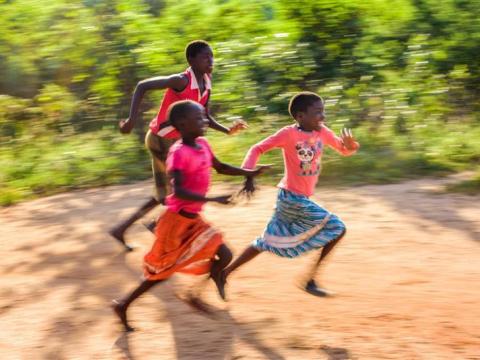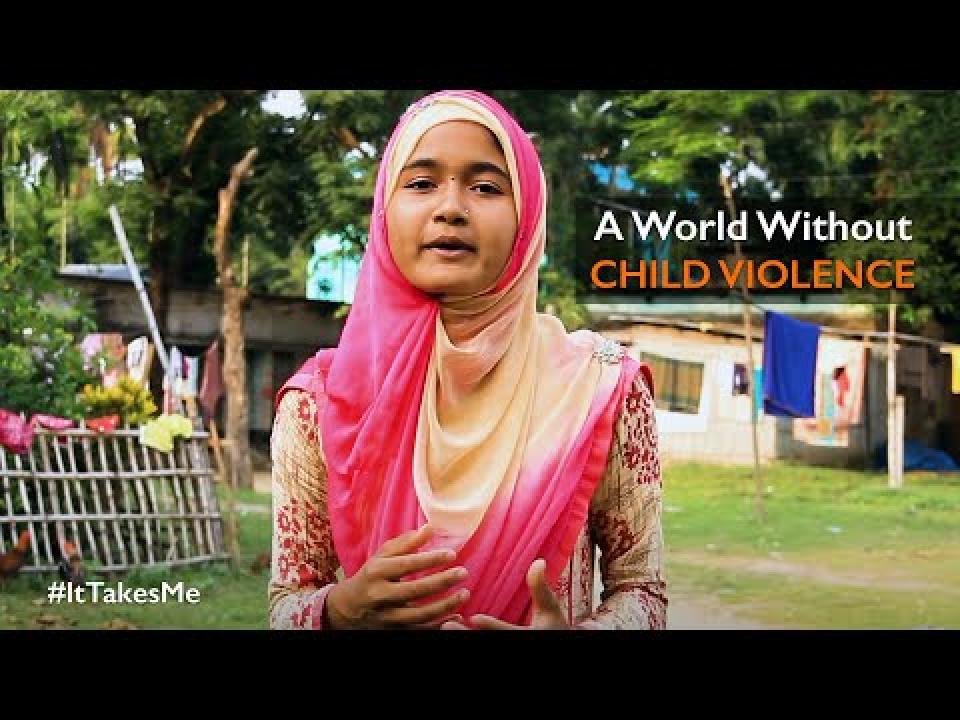
Why are we still talking about violence against children?
A youth leader from Mali Madeleine says that the call to end violence against children will continue as long as child marriage does.
A classmate of mine was forced into marriage by her father while the mother wanted her daughter to continue her education first. The mother knew the devastating consequences for young girls who find themselves deprived of the possibility of studying and of earning a living, but also exposed to violence, abuse, and the risks of complications related to pregnancy and childbirth among adolescent girls. Nevertheless, the mother could not do anything about it. The man she was going to marry was older than her and promised the mother that the girl would continue her studies. We, however, all knew this was not going to happen. This never happens to girls who are married off.
My friend was destitute of all the joys life could offer as a student. Like many other girls, she had a very early and dangerous pregnancy. We tried to let parents know to support their daughter, to respect their rights, to abandon harmful practices, so we can ensure that our friends can go to school and, above all, to have the freedom to make their own choice. We tell everyone that young girls are not commodities to be sold in a market. We, girls, have the right to challenge child marriage as we know married girls become these women who suffer everything in the home.
We know that we children, girls, and boys, have the same rights, but our realities in our villages show that child marriage leaves girls at high risk of violence, and abuse, and keeps us out of our regular lives as a child. So why are we still talking about violence against children? Because we are still experiencing violence, every day, every corner, every town.
In June, world leaders will be meeting at the Solutions Summit, where they will be reviewing progress on global targets to end violence. This will be the second Solutions Summit and the first since the onset of the global COVID-19 pandemic. Since the first summit, 33 countries have committed to accelerate their efforts to end violence, but too little is being done too slowly.
As part of the End Violence Partnership, The Solutions Summit will include Madeline and other young leaders taking action in their country to call on leaders from across continents and sectors to implement policies that protect children from violence.
Find out more about the solutions summit here - https://www.wvi.org/ittakesaworld/solutions-summit and sign up to the petition calling for an end to violence against children.
Madeleine, age 14, is a Malian young leader who advocates for gender equality, empowerment and better spaces for children to make their voices heard. She has a keen interest in campaigning against child marriage and child labour.
